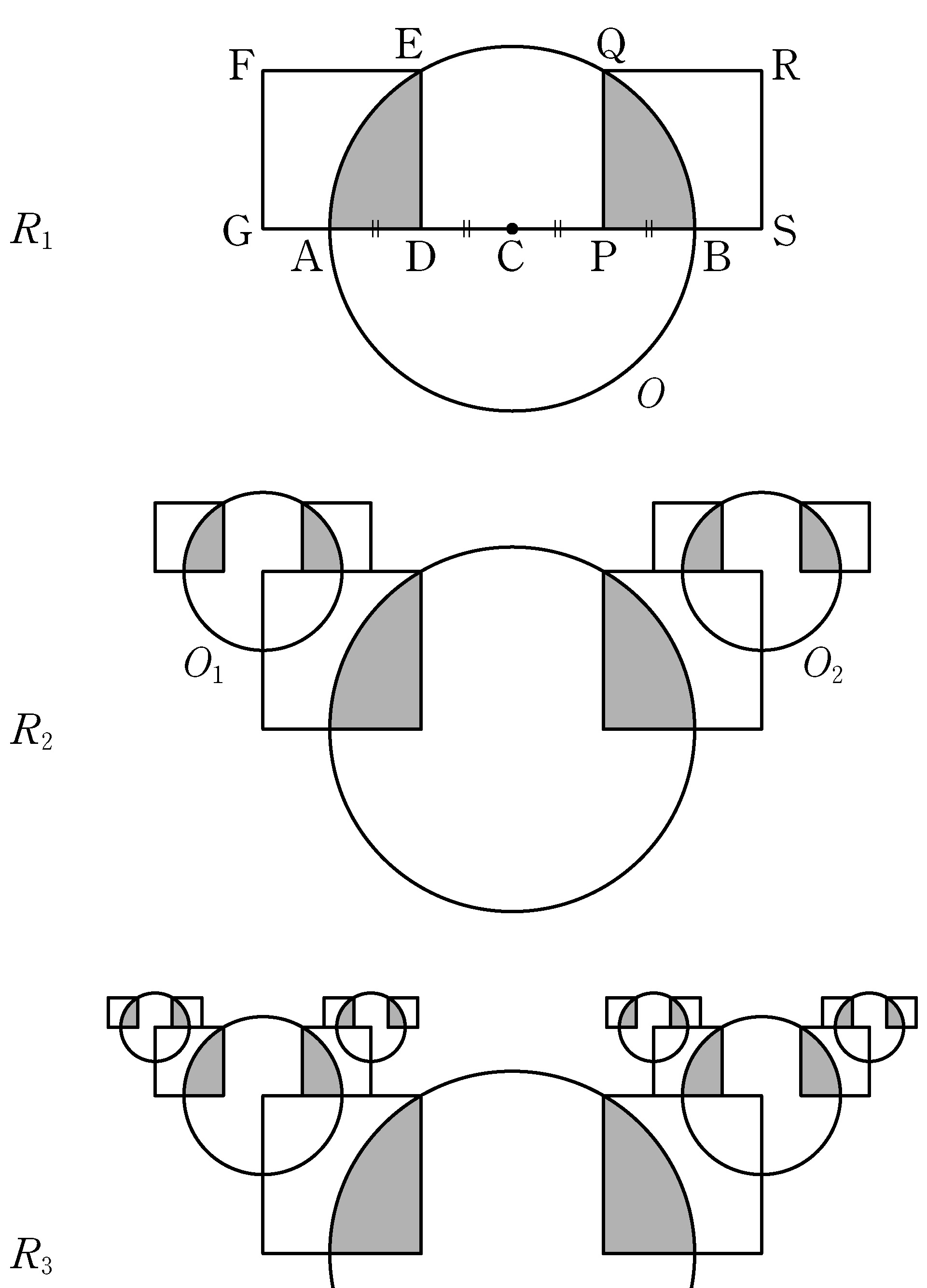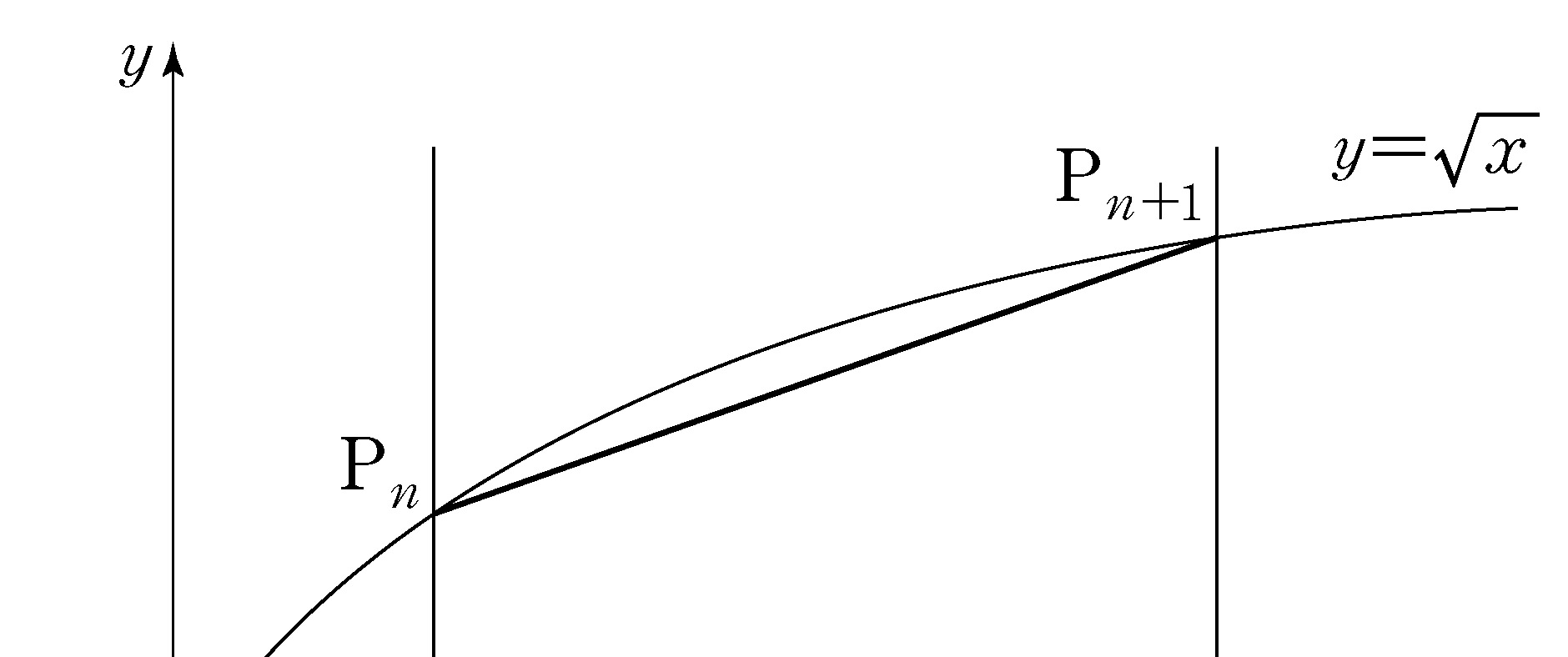Let \(N\) be the number of all cases of moving from point \((0,0)\)
to point \((4,3)\) by performing jumps repeatedly.
Let \(k\) be the smallest value that the random variable \(X\) can have.
Then \(k=\fbox{\(\;(\alpha)\;\)}\), and the largest value that can be taken is \(k+3\).
\(\mathrm{P}(X=k)=\dfrac{1}{N}\times \dfrac{4!}{3!}=\dfrac{4}{N}\)
\(\mathrm{P}(X=k+1)=\dfrac{1}{N}\times \dfrac{5!}{2!2!}=\dfrac{30}{N}\)
\(\mathrm{P}(X=k+2)=\dfrac{1}{N}\times \fbox{\(\;(\beta)\;\)}\)
\(\mathrm{P}(X=k+3)=\dfrac{1}{N}\times \dfrac{7!}{3!4!}=\dfrac{35}{N}\)
and
\(\displaystyle\sum_{i\,=\,k}^{k+3}\mathrm{P}(X=i)=1\),
therefore \(N=\fbox{\(\;(\gamma)\;\)}\).
Therefore the mean of the random variable \(X\) is
\(\mathrm{E}(X)=\displaystyle\sum_{i\,=\,k}^{k+3}\{i\times \mathrm{P}(X=i)\}=\dfrac{257}{43}\).
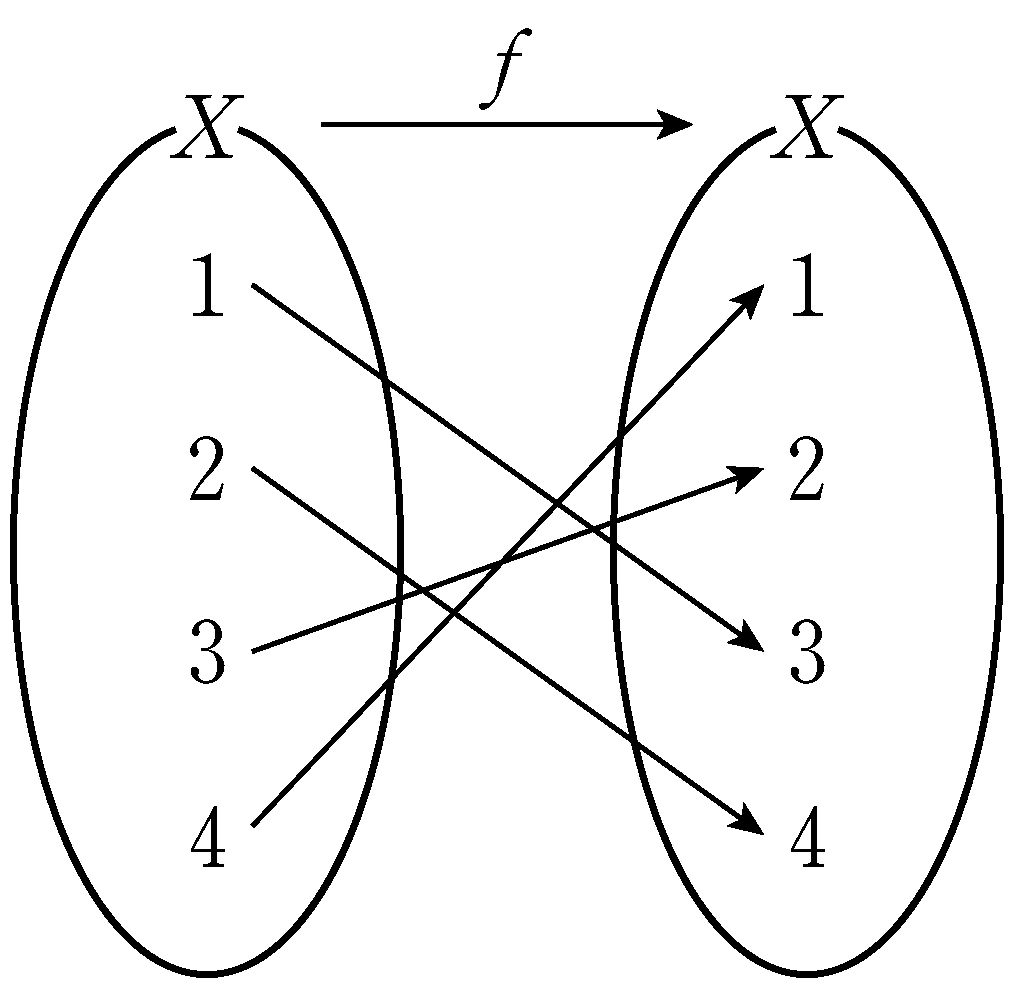
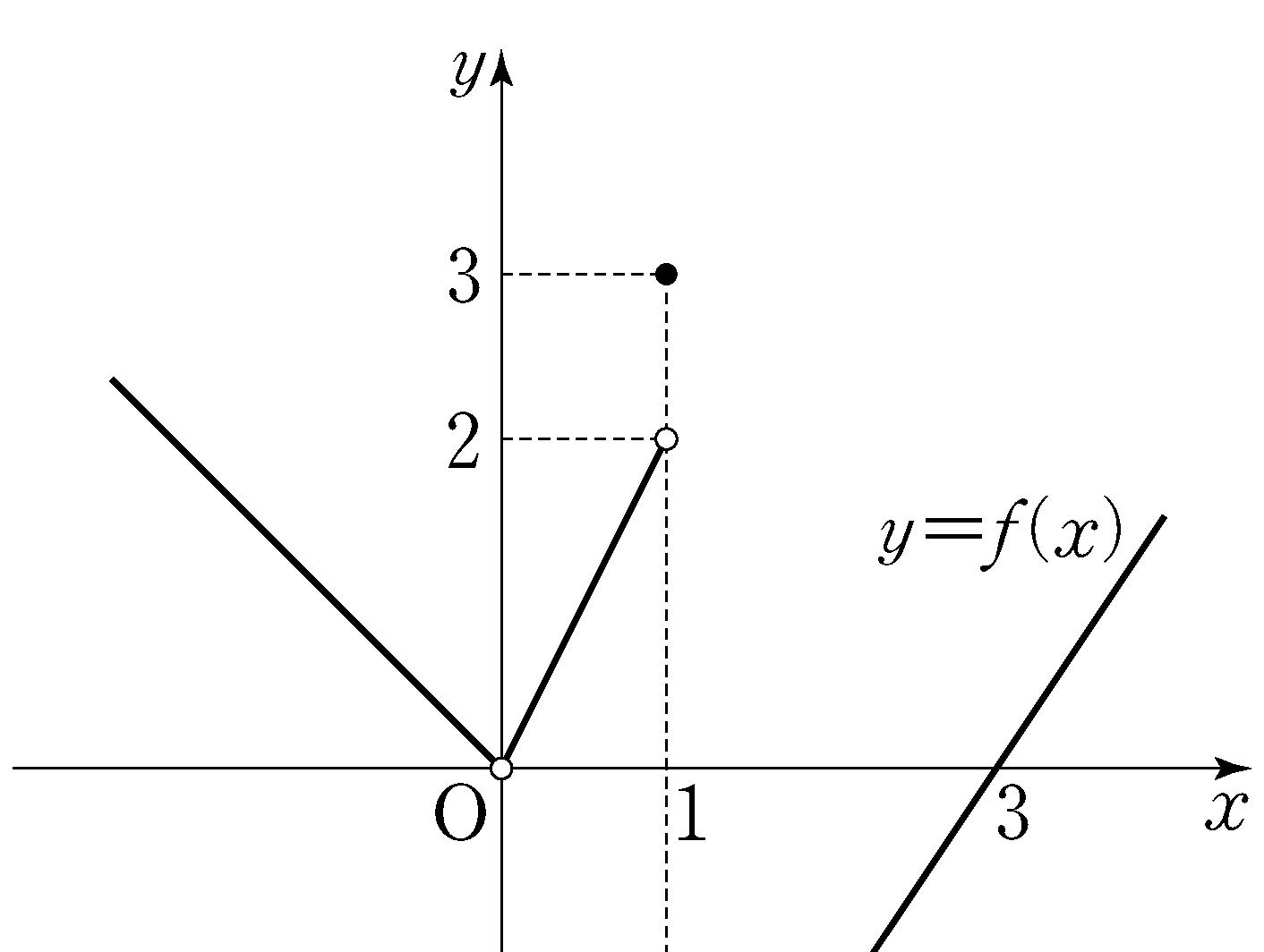
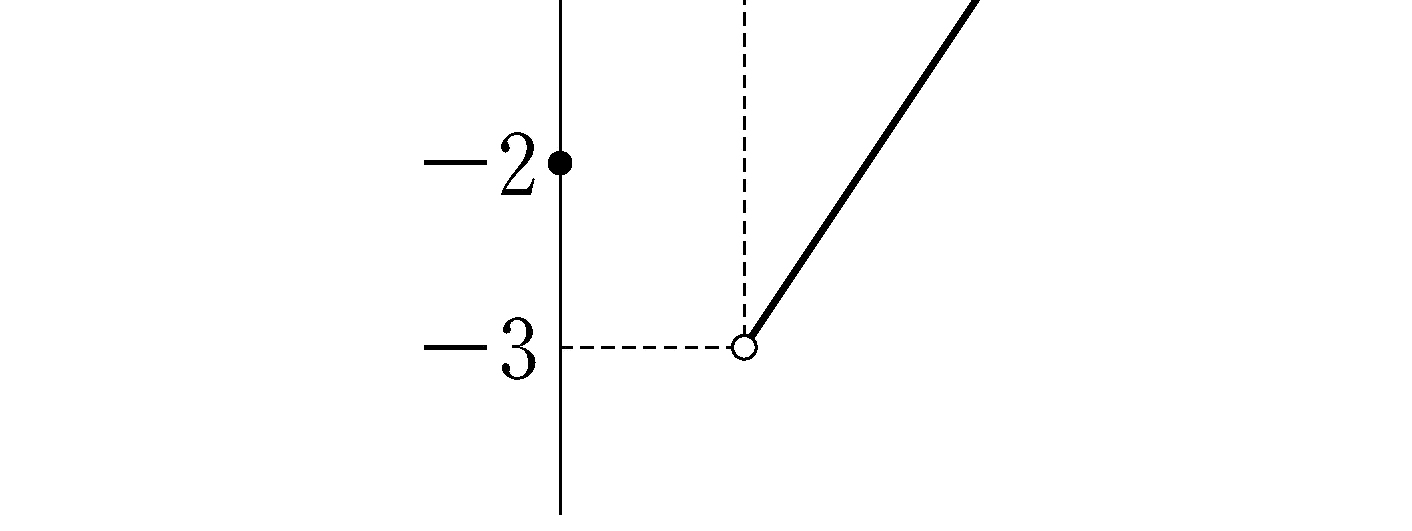
 shape,
and the common region inside circle \(O\) and square \(\mathrm{PQRS}\) with the
shape,
and the common region inside circle \(O\) and square \(\mathrm{PQRS}\) with the
 shape.
shape.
